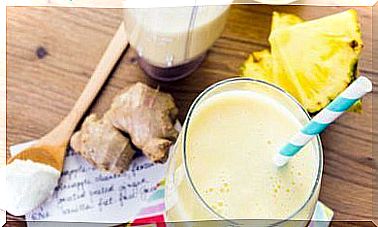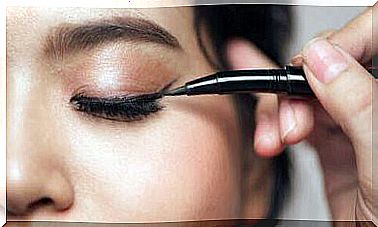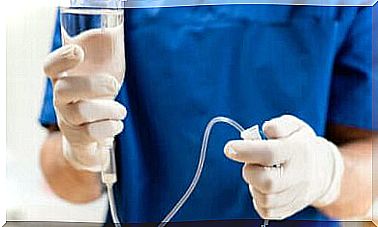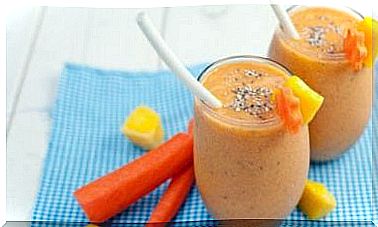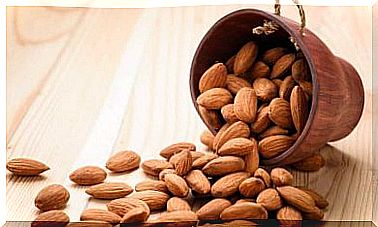3 Tips For Reducing Sodium Intake
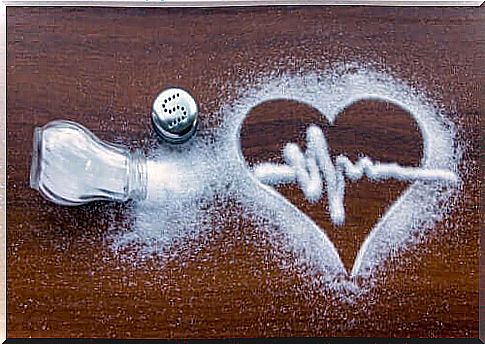
For many people, reducing their sodium intake is inevitable, as their cardiovascular health depends on it. This mineral is one of the most abundant in the body and performs functions as important as the transmission of nerve impulses.
However, a high intake is associated with a poor prognosis in people with hypertension. We are therefore going to give you several recommendations in this article to reduce it in your diet. If you apply them in practice, you will notice that your health improves in the medium and long term.
However, these tips should only be followed by those who have problems with this mineral. For athletes or people who are exposed to a lot of sweating, the indications may also differ. Consult a doctor if you have any questions.
How to Reduce Your Sodium Intake
Below, we’ll discuss dieting techniques that will help you reduce sodium in your diet. Remember that if you are unsure about reducing your sodium intake, the best option is always to consult a specialist who can help you plan an optimal diet.
1. Beware of Canned Food
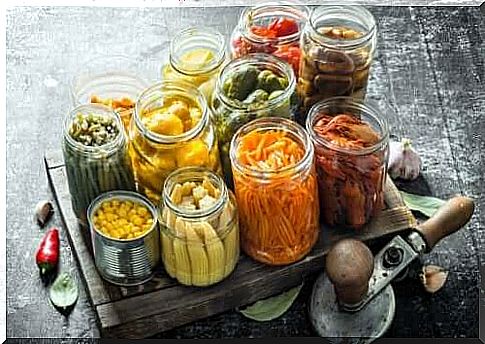
Pickles or canned foods are a good choice for out of season products or for products with a longer shelf life. They are an attractive and convenient way to consume certain vegetables all year round.
For example, canned legumes are classified as healthy processed foods. Their regular intake guarantees an adequate fiber intake, which is directly linked to better gut health.
This is confirmed by research published in the International Journal of Clinical Practice, where they support in reducing circulatory problems in older adults.
However, pickles and olives are often high in sodium, which can be harmful to certain people. Experts link dietary intake of this mineral to a rise in blood pressure.
Although the latest scientific papers show some discrepancy on this point. Until proven otherwise, the medical prescription is to reduce salt in hypertensive patients.
2. Reduce Sodium Absorption in Sauces
Sauces usually contain large amounts of salt. When reducing sodium intake, it is beneficial to eliminate these foods from your usual diet.
However, the worst thing about these products is not their mineral content, but their excessive caloric contribution. In some cases, the presence of trans-type lipids in their composition is another negative factor.
These fats are linked to an increased risk of developing chronic inflammatory diseases, according to an article published in the journal BMJ. If you ever want to eat sauce, it’s best to make it yourself. This way you know what the ingredients are and where they come from.
When buying industrial sauce, it is essential to look at the label and avoid those that contain high amounts of sodium, lipids and trans-type additives. It is good to inform yourself about this and to confirm the nutrition tables that come with the package.
3. Avoid Fast Food

Fast food industries often add large amounts of salt to foods to enhance flavor. So this is why their sodium content is high.
Meals from fast food chains also contain chemical additives that can be harmful to health. These foods are usually fried or battered, further reducing their nutritional quality (Spanish link).
If you are considering a balanced and healthy diet, then you should include fresh foods in your diet. At the same time, it is advisable to reduce the consumption of processed foods (Spanish link), to avoid the contribution of substances that can be harmful to the cardiovascular system.
As part of the strategy to tackle high blood pressure, nutritionists (Spanish link) advised to drastically reduce the consumption of fast food. In this way, they ensure that the patient does not have direct access to food that complicates the internal fluid balance, leading to increased stress levels.
In some cases, a reduction in sodium intake may be necessary
If you have high blood pressure, a specialist will likely recommend that you reduce the sodium intake in your diet to prevent complications from the progression of this condition. To meet that guideline, it’s important to take into account the advice we’ve given you in this article.
Remember that the basis of a healthy diet is variety and especially the predominance of fresh products and vegetables. It strives to combine good nutrition with regular exercise to promote good health.
Finally, if you are an athlete, consult a nutritionist before deciding to reduce your dietary sodium intake. Otherwise you could jeopardize the electrolyte balance and thus your athletic performance.

